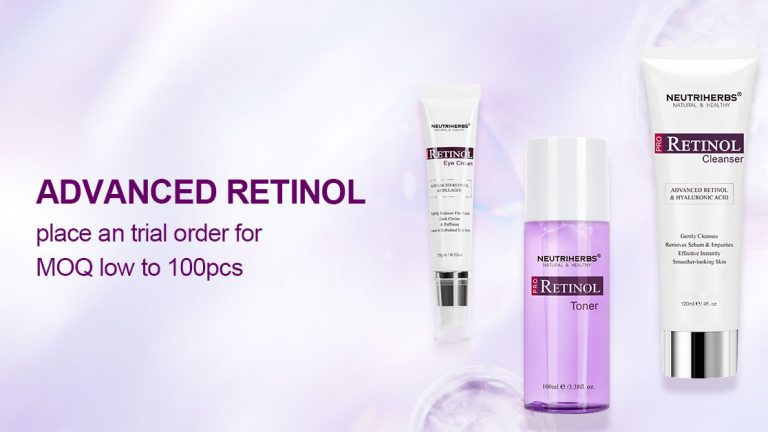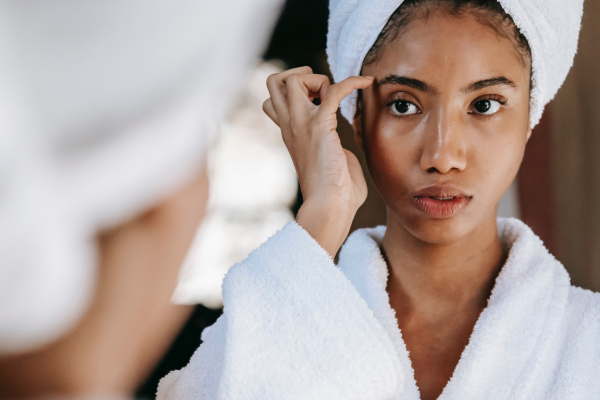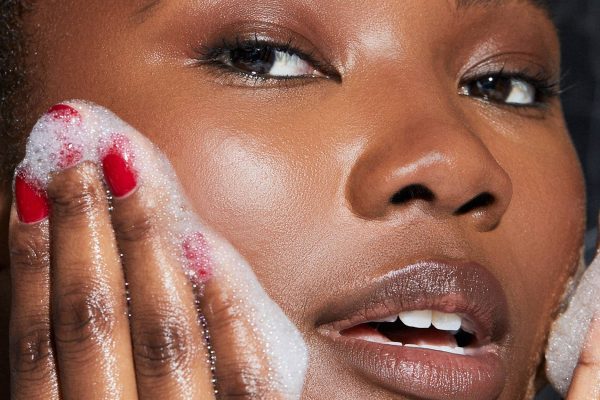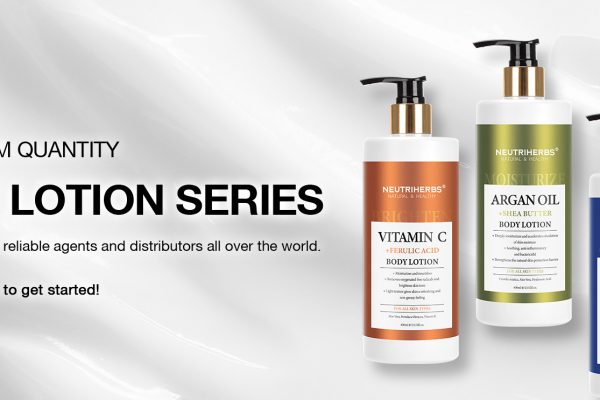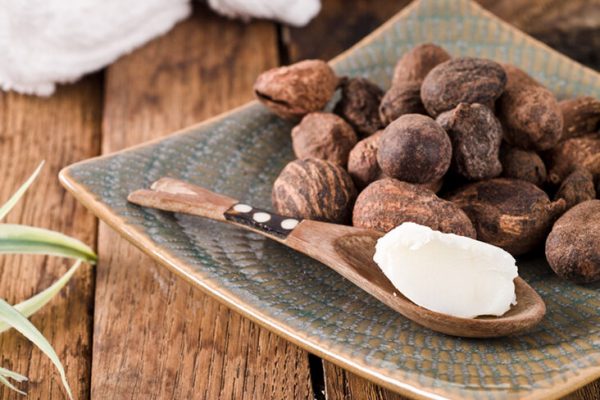If we had to put an anti-ageing cosmetic in your bag, We know what it would be: retinol (without ever neglecting sunscreen, an essential base product).
The quintessential base of antiaging treatment, along with alpha hydroxy acids and polyhydroxy acids is Retinol. Supposedly it causes irritation, dries, peels and cannot be used during the sunny months. However, if it is well formulated and together with the right active ingredients, it can become an essential anti-ageing treatment in our routine. And it is that no other component is capable of polishing the skin and improving its quality as well as it.
It is a derivative of vitamin A that can be presented in different forms and concentrations, to adapt to each type of skin. For me, along with the antioxidant vitamin C, it’s almost a magic wand, the best ingredient you can give your skin.
False myths about retinol that should be cleared up
After this introduction, we will dismantle the topics that circulate the most and that harm the fame of retinol.
1. Retinol cannot be used in sunny weather- Fake
You can use it as long as your skin is used to it, because you have been using it all year, or even if it is not if it appears in non-irritating formulas and moderate doses. What can never go wrong, if you choose to use it in summer, is topical photoprotection with SPF50 (reapplying every 2 hours) complemented by oral photoprotection.
When skin is not used to it and begins to use retinoids in the sunny months, it can become irritated, since these have an exfoliating action, just like alpha hydroxy acids. That’s why it’s important to choose retinol products that are suitable for sensitive skin.
2. Retinol irritates the skin- Fake
As we have said, it irritates if your skin is not prepared, the dose is very high, you have not carried out a cosmetic routine gradually increasing the dose or the cosmetic you use is not supplemented with active ingredients that counteract this possible reactivity.
3. Retinol dehydrates the skin- Fake
It is true that during the first applications you feel that your skin is drier. But it is only a momentary effect that can also be avoided if you apply products that contain moisturising active ingredients such as hyaluronic acid in the same formula.
4. Retinol peels or flakes the skin- Fake
Depending on the concentration you can, but not always. The higher it is, the more likely there is flaking. We recommend going to a professional and letting them prescribe the formula you need, depending on your skin and your lifestyle (if you expose yourself more or less to the sun if you find it more or less bothersome to peel, etc.). The key is to gradually increase the dose of retinol.
5. Retinol eye area stings- Fake
This happens if the concentration of the active ingredient is very high, because it is so close to the eye and because the skin is thinner and more sensitive.
“Using the right product, retinol and its derivatives work wonders on the skin throughout the year, and in the fall, when the skin comes back from the summer a wreck (dehydrated, with spots and marked wrinkles).
